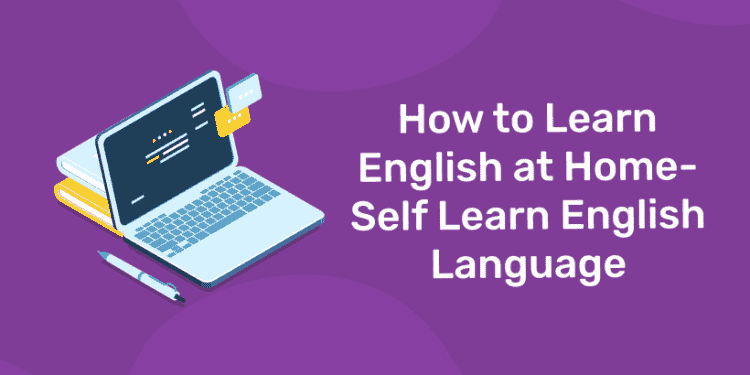


Speak to your child in the language you know best - Poster 2 (pdf - 1.19mb).Speak to your child in the language you know best - Poster (docx - 362.04kb).Speak to your child in the language you know best - Poster 1 (pdf - 1 (pdf - 561.27kb).Use these posters to encourage speaking in your home language (English version): NÓI CHUYỆN VỚI CON BẰNG NGÔN NGỮ QUÝ VỊ THÔNG THẠO NHẤT KULA HADAL ILMAHAAGA LUQADA AAD SI FIICAN U TAQAAN Speak to your child in the language you know best Usually, these apps have fun videos and games that -besides being very entertaining- are educational and engaging, and that will help your little one learn naturally and keep their attention on focus.
How to learn english at home free#
JAM TËNË MENHDU NË THOŊ NYIC APIETH/APUƆTH English learning apps: you can try incorporating an English learning app for kids so your little one can practice a bit more during the free time. Speak to your child in the language you know best Speak to your child in the language you know best flyers and posters It' s important to keep speaki ng, reading and w riting with your child in your home language. builds your child's sense of identity and their connection to family, community and culture.īilingual children tend to have higher scores in maths, reading and vocabulary tests.īeing bilingual also creates many opportunities for your child later in life when they start a career.improves memory, concentration and numeracy.This helps your child become a better reader, listener and speaker. This helps your child think more creatively and solve problems more easily. Bilingual means they can speak more than one language. If you speak, read and write with your child in your home language, you are helping them become bilingual.
How to learn english at home how to#
For example, if they learn maths in your language, they will understand how to do this in English. This will help them build skills at school.

Remember, however you practice your spoken English, keep it fun and relevant. Pay attention to the sound of each syllable and which words are stressed. Select a few sentences in the recording and practise saying them yourself exactly how they sound on the recording. Choose someone whose voice you like and find a recording of them speaking. You can learn a lot from mimicking the way a native speaker speaks. Exaggerate each sound when you practise alone and you will find it easier to speak clearly in a normal conversation. Practise speaking loudly and clearly at home and record yourself to make sure you are doing it right. To make these sounds accurately, you need to develop the muscles in your mouth by exercising them. Exercise your mouth musclesĮnglish probably uses some sounds that you don’t have in your first language. Learning from the real world will make your English more relevant and natural than learning from a textbook. If you are speaking to a native speaker, don’t be afraid to ask them to explain any idioms or expressions that you don’t understand. Keep a notebook to write down new phrases, and look up or ask your teacher about any that you don’t understand. When listening to English radio, news or movies, pay close attention to what you hear. Make the examples as memorable as possible with a funny story or use something related to your life to help them stick in your mind. If you are using flashcards, write a whole sentence on each card so you know how to use the words in context. Memorize examples with vocabularyĭon’t just memorize lists of words.


 0 kommentar(er)
0 kommentar(er)
